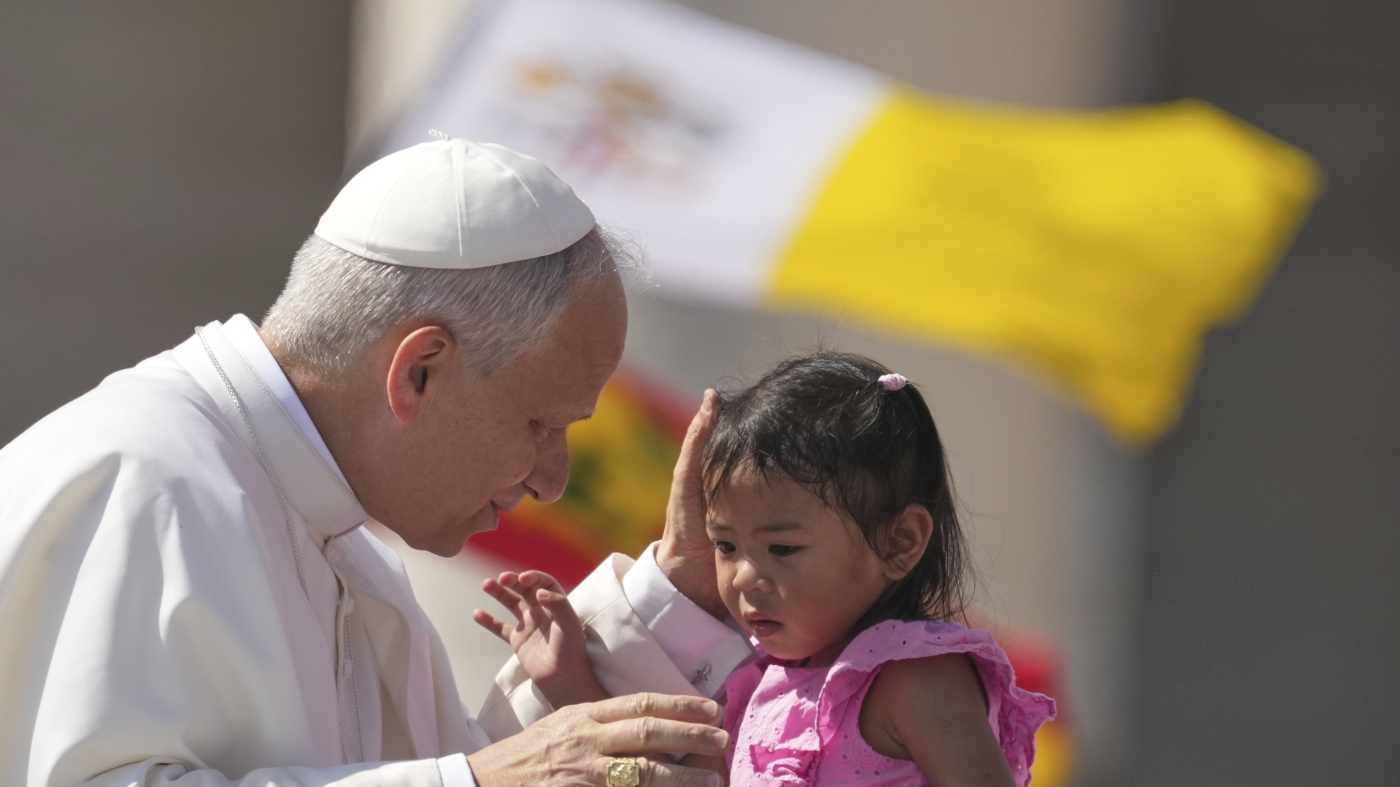Navigating Nationalism Through Pope Leo XIV’s Vision: A Pathway to Unity and Peace
Nationalism’s recent resurgence across the globe has stirred complex political and social dynamics, often exacerbating divisions rather than bridging them. In this charged atmosphere, Pope Leo XIV’s outspoken stance against nationalism presents a compelling counter-narrative rooted in peace, dialogue, and reconciliation. His approach offers not only a spiritual critique but also a pragmatic blueprint for addressing the fractures nationalism tends to widen. This analysis unpacks Pope Leo XIV’s message, explores its contextual relevance, and examines its broader implications for the Catholic Church’s role in today’s world.
The Core of Pope Leo XIV’s Message: From Division to Dialogue
At the heart of Pope Leo XIV’s rhetoric lies a powerful metaphor: the breaking down of barriers and tearing down of walls. This imagery vividly captures his critique of nationalism as a force that erects ideological and emotional walls separating people into exclusive groups. His invocation of the Holy Spirit during Mass at St. Peter’s Square is more than spiritual symbolism—it’s a call for proactive dismantling of divisive attitudes.
Importantly, the Pope’s message refrains from mere condemnation. Instead, it emphasizes constructive engagement through dialogue and reconciliation. He urges individuals and communities to see beyond narrow nationalistic interests and to embrace openness to others. This approach reimagines the Catholic Church not as a siloed institution but as a global beacon of peace, transcending cultural and political boundaries.
Understanding Nationalism’s Contemporary Surge
Nationalism’s rise is intertwined with multiple socio-political currents, including globalization’s uneven effects, economic insecurities, and migration pressures. Political movements built on national identity and sovereignty often present themselves as protectors against external threats but frequently lead to intensified polarization and conflict.
Pope Leo XIV’s critique functions as a timely response to these dynamics. By framing dialogue as essential to overcoming misunderstandings and fears fueling nationalist impulses, he steers the conversation toward empathy and inclusion. His stance implicitly challenges political narratives that capitalize on fear and exclusion, positioning the Church as a moral compass advocating for human dignity and societal cohesion.
Reconciliation as a Pillar of Papal Leadership
Drawing inspiration from Pope Francis’s emphasis on encounter, Pope Leo XIV elevates reconciliation to a central theme of his papacy. His calls for “all to be one people” highlight a vision that prioritizes common humanity above ethnic or cultural difference.
This vision is not a vague ideal but a practical imperative. It demands active engagement from political leaders, religious institutions, and individuals to foster understanding across divides. By framing reconciliation as achievable through dialogue, Pope Leo XIV introduces a dynamic framework for transforming potentially fractious nationalist emotions into opportunities for unity.
The Catholic Church’s Strategic Role in a Fragmented World
Pope Leo XIV’s alignment against nationalism signals a strategic reassertion of the Catholic Church’s influence in global affairs. The Church’s long-standing moral authority equips it to facilitate peacebuilding and resist socio-political currents that threaten justice and rights.
By placing dialogue at the center of its engagement, the Church expands its relevance beyond spiritual matters to address pressing societal challenges. This dual focus reinforces its capacity as a unifying force—one capable of bridging not only religious divides but also the broader fractures nationalism deepens.
Inspiring a Future Beyond Nationalist Boundaries
Pope Leo XIV’s leadership offers an inspiring model for confronting a world increasingly drawn into nationalist rhetoric. His efforts to “break down walls” serve as a metaphorical foundation for crafting bridges of empathy and shared purpose.
In envisioning the Church as both a symbol and catalyst of peace, he challenges the appeal of exclusivity that nationalism wields. His message is a reminder that true community arises from embracing differences, nurturing dialogue, and prioritizing collective well-being over parochial interests.
—
By confronting nationalism’s divisive tendencies head-on, Pope Leo XIV articulates a hopeful vision for a world where peace and unity overcome fragmentation. His leadership not only challenges global political trends but also offers a transformative framework—grounded in reconciliation and dialogue—that the Catholic Church can champion as it navigates the complexities of the modern era.

